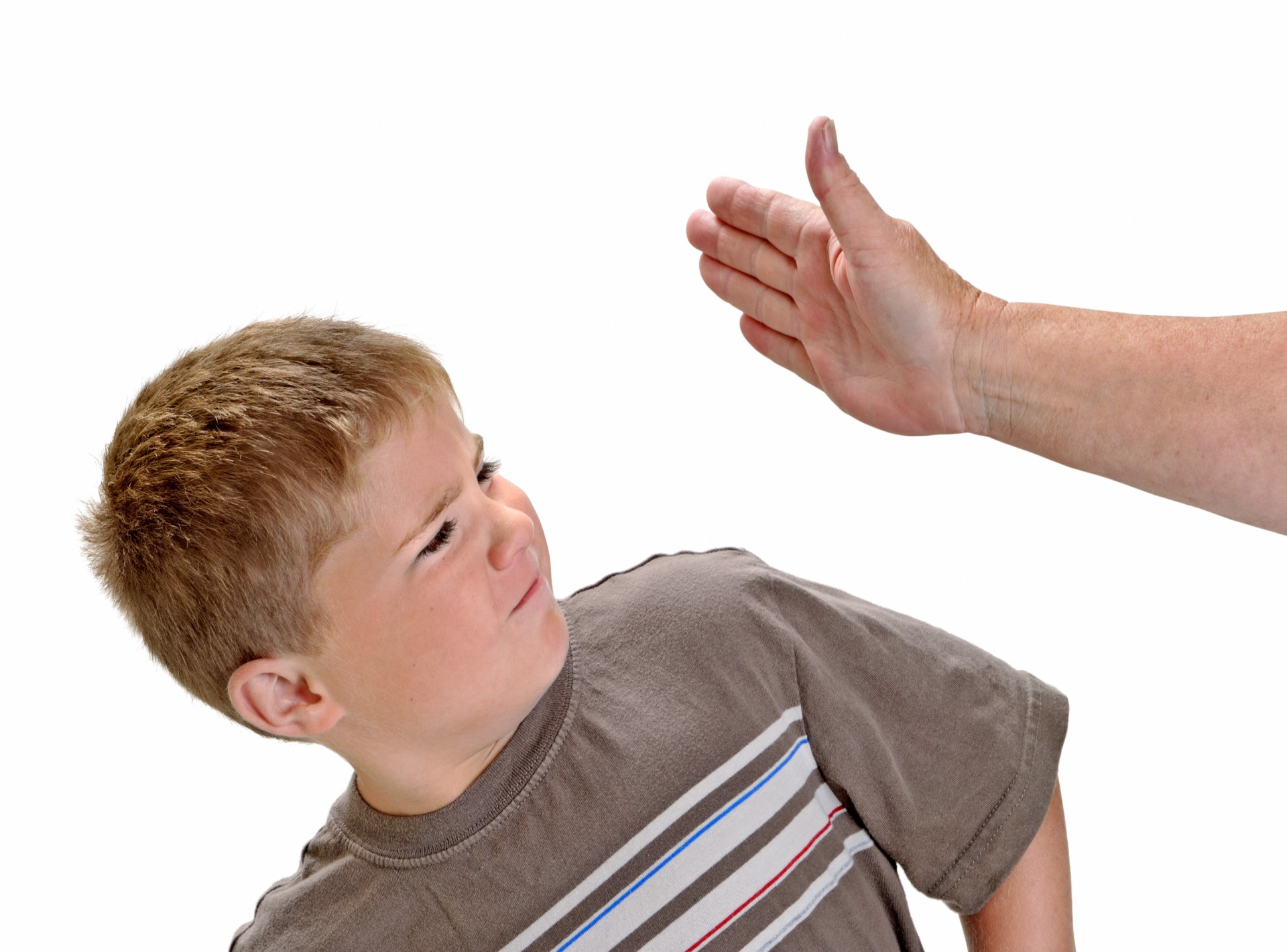Corporal punishment (CP) of children is legal in the home and some other settings in Australia, but one independent expert has been campaigning to have states and territories repeal legislation that permits smacking, hitting, or slapping children.
Dr Laetitia-Ann Greeff believes that all jurisdictions should insert a positive statement into civil laws that corporal punishment is no longer acceptable as a disciplinary measure, with the Attorney General’s Office noting earlier this year that CP is prohibited as a sentence for a crime in the juvenile justice systems across Australia.
“Uniform prohibition of CP can also be found in early childhood education and childcare settings and the law states that, ‘it is an offence for a provider, nominated supervisor, staff member, volunteer or family day care educator of an approved education and care service to subject a child to any form of physical punishment,’” she said.
“Yet CP is the most common and socially normative form of violence that can legally be perpetrated against Australian children and there are significant inconsistencies concerning the regulation of CP as a disciplinary technique.”
Dr Greeff said the defence of ‘reasonable chastisement’ had become part of Australian common law in 1860 and many state governments have enacted criminal laws that have entrenched the defence in legislation, despite decades of research refuting its role in effective discipline.
“In 1962, Kempe et al. produced overwhelming evidence of the ‘battered-child syndrome,’ which revealed that intentional physical abuse was a significant cause of death and injury in childhood, and questions began to emerge then regarding the view ‘of parents as natural protectors of children’ since ‘significant numbers of children are hurt or even killed by their parents,’” Dr Greeff said.
“NSW is the only state that limits the application of the defence of reasonable chastisement administered by a parent or legal guardian in a statute – furthermore, force is regarded as unreasonable if applied to the head or neck or any part of the body of the child, likely to cause harm and lasts for more than a short period.
“However, it was noted in the preceding parliamentary debates that the focus was on protecting children from excessive force rather than limiting parents’ ability to discipline their children.”
In WA, CP is legal under the Criminal Code Act 1913, and Section 257 provides for the use of reasonable force by a parent or carer (or schoolteacher) for the purpose of correction, but in practice, it is prohibited in state schools under Regulation 40 of the School Education Regulations 2000 and Section 166 of the Education and Care Services National Law (WA) Act 2012.
While CP is not explicitly prohibited for independent and private schools, the education minister can decide the standards for non-government schools’ management of students’ behaviour, and CP was banned under standard 12.2 of the Guide to the Registration Standards and Other Requirements for Non-Government Schools 2020.
“There is no explicit prohibition of CP in residential centres and foster care; therefore, CP remains lawful in alternative residential care settings and is not prohibited as a disciplinary measure in penal institutions,” Dr Greeff noted.
“The implication of not having a uniform criminal law in Australia is that each jurisdiction must legislate independently to ban CP, or alternatively, the federal government can legislate with overriding force under Section 109 of the Constitution to implement provisions which call for the abolition of CP.
“Australian parents and carers need legal certainty, and the best approach will be for states and territories to repeal those laws that permit CP under the defence of reasonable chastisement or lawful correction… putting CP on the same level as common assault.”
Dr Greeff explained that CP violates the international Convention on the Rights of the Child —especially Articles 19(1), ‘the child’s right to be protected from all forms of violence, both mental and physical,’ and 37(a), ‘the child’s right not to be subjected to torture or other cruel, inhuman, and degrading treatment or punishment.’
“This international recognition of children’s rights led to the global push to prohibit CP and to date, 65 countries have banned CP in all settings, and a further 27 countries have committed to the full prohibition of CP,” she said.
“CP can no longer be tolerated if we want to foster a human rights culture in Australia. Legislating against the use of CP across all states and territories will signal that it is no longer an acceptable form of discipline, and that parents and carers should embrace a nonviolent, child-friendly approach to disciplining children.”


